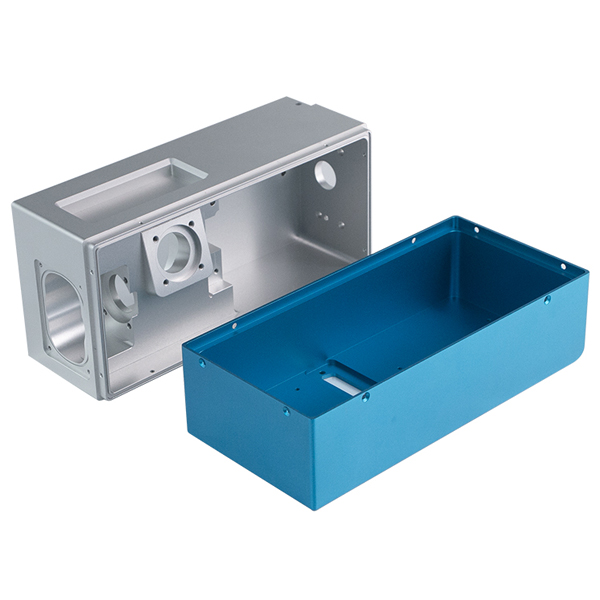15 years one-stop China custom CNC machining parts factory

Hey there I’m VMT Sam!
With 25 years of CNC machining experience we are committed to helping clients overcome 10000 complex part-processing challenges all to contribute to a better life through intelligent manufacturing. Contact us now
 180 |
Published by VMT at Oct 22 2023
180 |
Published by VMT at Oct 22 2023
In the world of precision machining manufacturing, ensuring the structural integrity of CNC-machined aluminum parts is paramount. Whether you're a seasoned engineer or new to the field, understanding how to evaluate and analyze the structure of these components is key to producing high-quality results.
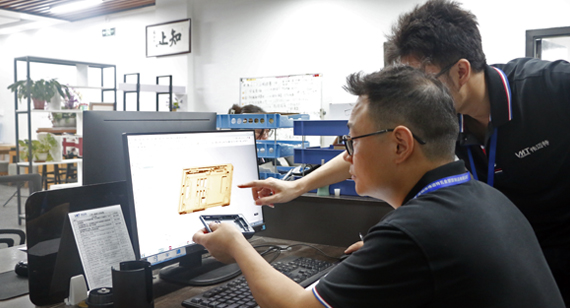
The Art of Aluminum CNC Machining
Aluminum is a widely used material in CNC machining due to its excellent combination of strength, lightweight properties, and corrosion resistance. However, even with these advantages, achieving a flawless outcome requires careful evaluation and analysis of the machined structure.
The Importance of Structural Integrity
Structural integrity refers to the part's ability to withstand the intended loads and perform its designated function without failure. In the world of CNC machining, this equates to a part that meets all design specifications, functions perfectly, and is built to last.
Key Steps in Analyzing Structural Integrity
Dimensional Accuracy: The first step in evaluating structural integrity is ensuring the part's dimensional accuracy. The slightest deviation from the design can impact its structural soundness. Utilize precise measuring tools and technology to confirm that all dimensions are within tolerance.
Material Selection: The choice of aluminum alloy can significantly affect the part's structural performance. Consider factors like tensile strength, hardness, and corrosion resistance when selecting the right material for the job.
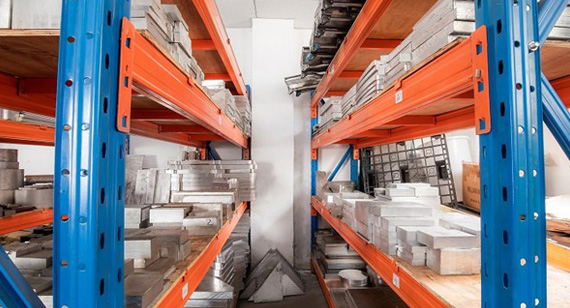
Machining Parameters: The CNC machining process itself plays a crucial role in determining structural integrity. Pay close attention to spindle speed, feed rates, and tool selection. Optimizing these parameters will help avoid problems like tool chatter and excessive heat, which can negatively impact the structure.
Tool Wear and Tear: Regularly inspect your cutting tools for wear and tear. Blunt or damaged tools can lead to surface imperfections and, in the long run, structural issues. Replacing tools when needed is vital.
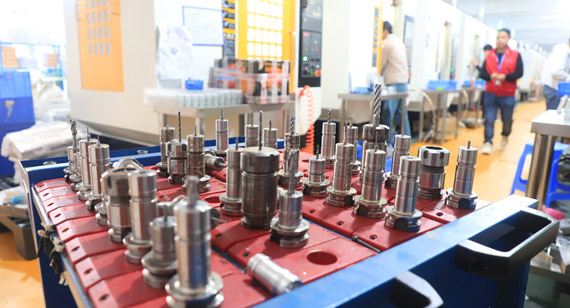
Surface Finish: The surface finish of your CNC-machined part can reveal a lot about its structural integrity. A smooth, defect-free surface indicates precise machining and attention to detail.
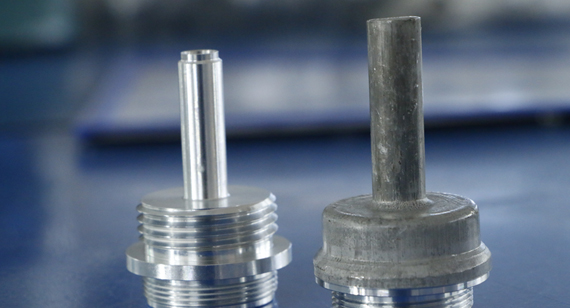
Fillet Radii: Fillet radii, or the rounded edges on a part, can significantly impact structural strength. Designing parts with appropriate fillet radii can reduce stress concentrations and increase overall durability.
Weight Distribution: Consider the weight distribution within your part. An even distribution of material and mass can prevent areas of stress concentration. Finite element analysis (FEA) can help in optimizing weight distribution.
Stress Testing: Employ stress testing techniques to assess how the part responds to different loads and forces. This allows you to identify potential weak points and reinforce them if necessary.
The Role of Technology
In today's world, technology plays a vital role in the analysis of structural integrity. 3D modeling and simulation software can predict how a part will perform under different conditions. Finite element analysis (FEA) is a powerful tool for simulating real-world conditions and evaluating structural integrity before production begins.
The Benefits of Analyzing Structural Integrity
High-Quality Products: By meticulously analyzing structural integrity, you ensure that the final product meets or exceeds your quality standards.
Reduced Waste: Identifying structural issues early in the process reduces material wastage and minimizes the need for rework.
Enhanced Safety: Parts with good structural integrity are less likely to fail, promoting safety in applications where these parts are used.
Cost Savings: Early detection of structural problems prevents costly recalls and revisions, ultimately saving you money.
Conclusion
Evaluating the structural integrity of aluminum CNC machined parts is an essential aspect of precision manufacturing. By following these steps and harnessing the power of technology, you can produce high-quality parts that meet design specifications, function flawlessly, and stand the test of time. Whether you're producing components for aerospace, automotive, or any other industry, a commitment to structural analysis is the key to success.
Ready To Start Your Next Project?
Get Instant Quote

Request a Free Quote
Send us a message if you have any questions or request a quote. We will get back to you ASAP!
